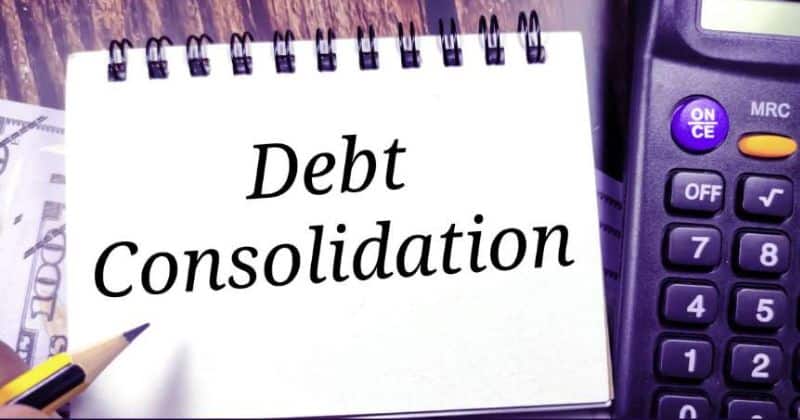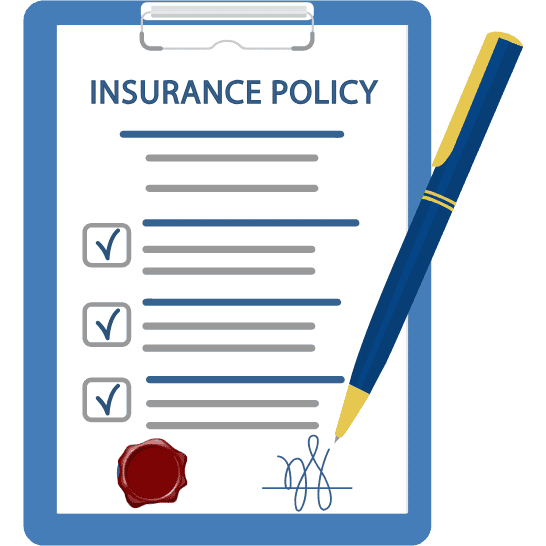Debt consolidation is the process of combining multiple debts into a single loan, ideally with a lower interest rate and a more manageable repayment structure. The primary goal is to simplify finances by reducing multiple monthly payments into one, making it easier to track and pay off debt efficiently.
Types of Debt Consolidation Loans
-
Personal Loans – You can apply for an unsecured personal loan from a bank, credit union, or financial institution to pay off your existing debts. These loans often come with fixed interest rates and terms, providing predictability in repayment.
-
Balance Transfer Credit Cards – If you have multiple high-interest credit card debts, transferring them to a credit card with a lower or 0% introductory APR can help you save on interest. However, this option requires good credit and discipline to pay off the balance before the promotional period ends.
-
Home Equity Loans or HELOCs – If you own a home, you may be able to use its equity to secure a loan for debt consolidation. This method often offers lower interest rates, but it puts your home at risk if you fail to make payments.
-
Debt Management Plans (DMPs) – While not a loan, a DMP is a structured repayment plan arranged through a credit counseling agency. They negotiate with creditors on your behalf to lower interest rates and consolidate payments into a single monthly installment.
-
Debt Settlement Services – Companies like RupeeRelief specialize in negotiating with creditors to reduce the total amount you owe, providing relief from overwhelming debt burdens.
Eligibility for a Debt Consolidation Loan
Lenders assess various factors before approving a debt consolidation loan. Some key aspects include:
-
Credit Score – A good credit score increases your chances of securing a loan with favorable terms. If your score is low, you may face higher interest rates or difficulty getting approved.
-
Income and Employment Status – Lenders evaluate your income stability to ensure you can manage the consolidated debt.
-
Debt-to-Income (DTI) Ratio – A lower DTI ratio (typically below 40%) demonstrates that you have sufficient income to manage debt payments.
-
Collateral (if applicable) – Some lenders may require collateral, such as home equity, to secure the loan.
Advantages of Debt Consolidation Loans
Consolidating your debts can offer several benefits, including:
-
Simplified Finances – Managing one loan is easier than handling multiple debts with different due dates and interest rates.
-
Lower Interest Rates – If you secure a loan with a lower interest rate, you can save money in the long run.
-
Fixed Repayment Schedule – Many debt consolidation loans have fixed repayment terms, allowing for predictable monthly payments.
-
Potential Credit Score Improvement – Timely payments on a consolidated loan can boost your credit score over time.
Challenges and Risks of Debt Consolidation
While debt consolidation can be beneficial, it’s important to consider potential risks:
-
Approval Challenges – If you have a poor credit score, securing a low-interest consolidation loan may be difficult.
-
Extended Loan Terms – Some consolidation loans have longer repayment periods, which may lead to paying more interest over time.
-
Risk of Losing Collateral – If you take out a secured loan, such as a home equity loan, failure to repay could result in losing your asset.
-
Continued Spending Habits – Without a change in financial habits, you may end up accumulating more debt after consolidation.
If you are struggling with unmanageable debt and are unsure about qualifying for a debt consolidation loan, RupeeRelief offers an alternative solution. As a professional debt settlement service, RupeeRelief negotiates with creditors to reduce your overall debt, providing a more manageable repayment structure without requiring you to take on a new loan.
Is Debt Consolidation Right for You?
Debt consolidation is a viable option for individuals who:
- Have multiple high-interest debts that are difficult to manage.
- Qualify for a consolidation loan with a lower interest rate than their current debts.
- Have a steady income and the ability to make regular payments.
- Are committed to financial discipline to avoid future debt accumulation.
Steps to Take Before Applying for Debt Consolidation
If you’re considering a debt consolidation loan, follow these steps to ensure you make an informed decision:
-
Assess Your Debt – Calculate the total amount you owe, interest rates, and monthly payments.
-
Check Your Credit Score – A higher score improves your chances of qualifying for a favorable loan.
-
Compare Loan Options – Research different lenders, interest rates, and terms to find the best fit.
-
Create a Budget – Ensure you can afford the new loan payments while managing other expenses.
-
Seek Professional Advice – Consult financial experts or debt relief services like RupeeRelief to explore all available options.
Conclusion
Yes, you can get a loan to consolidate your debts, but it’s essential to evaluate your financial situation, creditworthiness, and repayment ability before applying. Taking proactive steps towards financial freedom is crucial. Whether you opt for a debt consolidation loan or seek professional assistance, the key is to commit to responsible financial habits and work towards a debt-free future.


